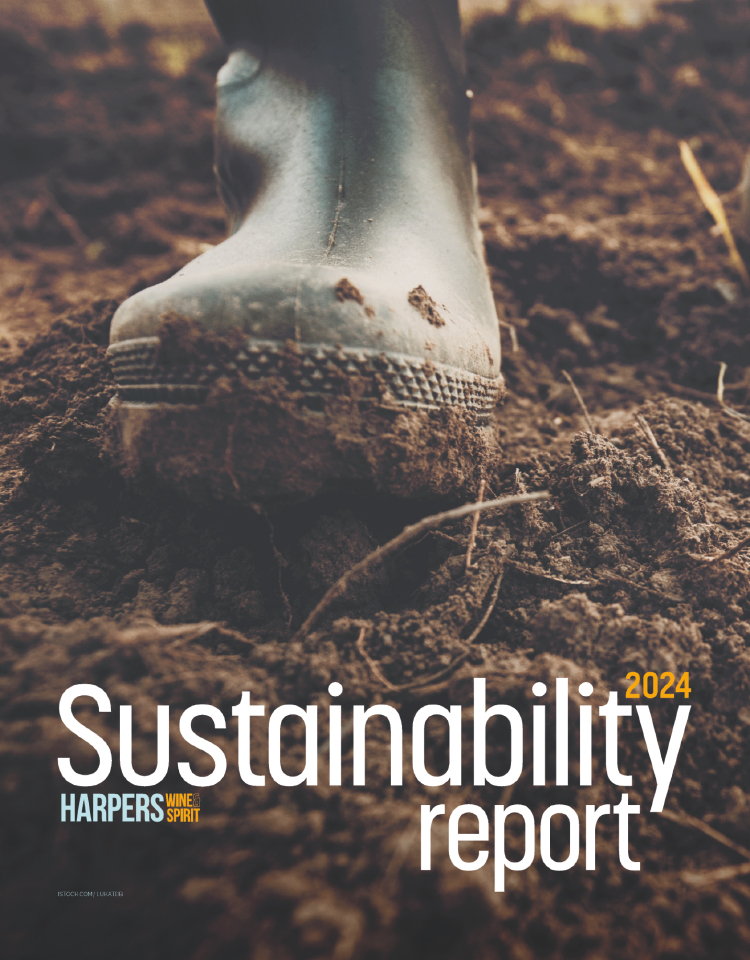Below-cost selling formula chosen as 'easy to understand'
The government's much-criticised formula for banning the sale of alcohol below cost was chosen because it was "easy to understand".
The current ban on below-cost sales, aimed at targeting loss-leading promotions in supermarkets, calculates below-cost as below the cost of duty plus VAT.
Justine Greening, Treasury Secretary, said the government had rejected a formula that included production costs as it would have been too complex. Critics have said the current ban has no effect on retail prices, which are already above the level of duty and VAT.
On a visit to Kent's Chapel Down winery earlier today, Greening refused to be drawn on whether the government would scrap the duty escalator, which sees continuous alcohol duty rises until 2014.
"The duty escalator was put in place by the last government, who also left a huge deficit that we've got to try and sort out".
But she said the government was offering a raft of measures across different departments in an effort to help all businesses, especially small ones.
She outlined a reduction in corporation tax year on year and an extension of small business rate relief. She also said the coalition had "taken steps to mitigate against Labour's planned tax on jobs".
Pricing measures
On the subject on below-cost selling, Greening said the below-duty-plus-VAT formula was chosen as it was "something enforceable that was easy to understand".
Greening said the alcohol taxation review, concluded in November, which saw a new higher rate of tax on super strong beers, was part of the government's attempt to tackle problem drinking.
She said it was "better to go down the route" of the below cost ban, alongside higher taxes on higher strength beers, than legislate on minimum pricing, as is happening in Scotland.
She added that the government was reluctant to bring forward a measure like minimum pricing, which would "unduly penalise the majority of responsible drinkers".
Instead she said the range of measures introduced should deal with problem drinkers in a "more targeted way".
Greening said the "joined-up package of measures across departments" - including the Responsibility Deal, and Licensing Review - were more effective.
She rejected calls for an alcohol minister, saying that since the Home Office, Department of Health and Treasury already work closely together, she didn't believe it was necessary.





